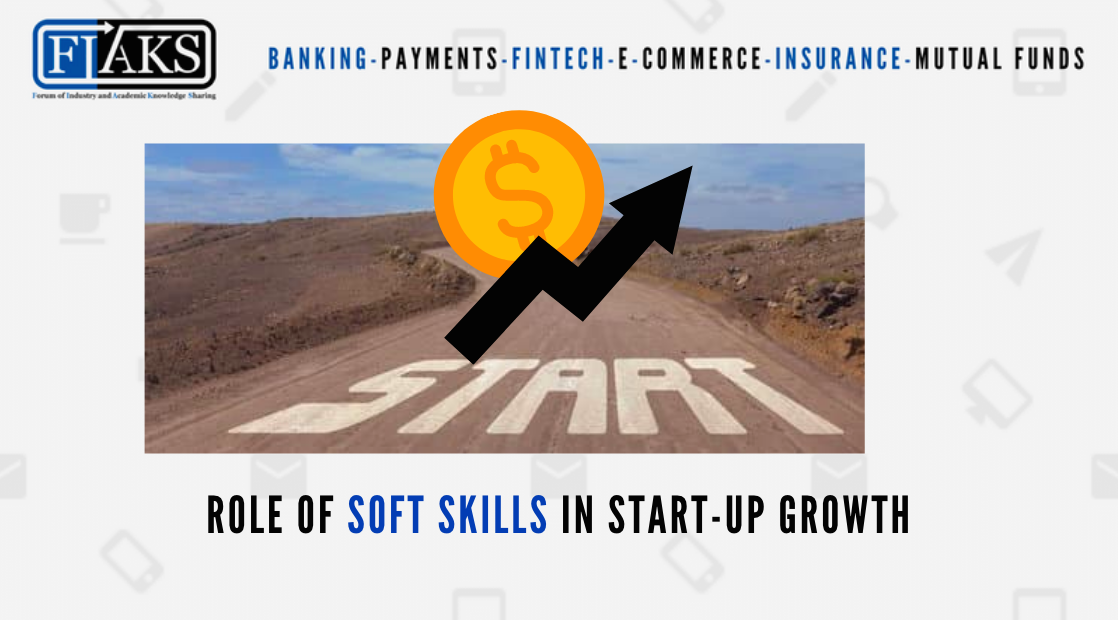Several Founders, Co-Founders, CXO Bankers, CXO Fintech professional & people who participated in the ePanel discussions:
- Mr. Vaibhav Sanghavi, CPTO, MatchMove
- Mr. Rajesh S. Kher, Head- Digital Marketing, DigiMark Global
- Mr. Hitesh Thakkar, Fintech Consultant, Self-Service Automation
- Mr. Bhawani Singh, Principal Solutions Architect – APAC, Checkmarx
- Mr. Sheoji Meena, Former Director, Bank of India Uganda Limited
- Mr. Ravi Joshi, Product Head Debit Card, Prepaid Cards and Marketing, IDBI Bank
- Mr. Jayaram M, Consultant (Partner), Basil Capital
- Mr. Ramasubramanian S, Deputy Vice President, Axis Bank
- Mr. Mohit Nanda, Assistant Vice President, HDFC Bank
- Mr. Rajkumar S, Manager, Paytm
- Mr. C V Ramana Rao, Sr Manager, Punjab National Bank
- Mr. Vikas R Panditrao, Co-Founder, Forum of Industry and Academic Knowledge Sharing (FIAKS)
- Many other CEO/CXO Bankers & Fintech professionals on FIAKS Forum requested to remain anonymous
Today’s tech-driven start-ups have high-performance pressures and are completely discounting (including their PE/VC Investors) the role of soft skills in the organization they are building. So here lies an utmost considerable question, which kind of start-up will be the winner in long run?
A] A tech start-up having leadership team with extraordinary technical skills but average soft skills
OR
B] A tech start-up having leadership team with average technical skills but extraordinary soft skills
Who will be the winner here A or B?
There seems to be no perfect answer or absolute winner here;
- It is the vehicle or driver who is responsible to be the winner of the race
- Success also depends a lot on things like the product-market fit, demand-supply gap of the product, early mover advantage, the pricing power of the product, the unit economics of the domain, etc. For e.g. unit economics (in the unit economics model profitability is measured on a per-unit basis by evaluating direct revenues and costs associated with the business model) in Edtech is far better than the Payments industry. It’s easier to get higher multiples and also survive (usually) in ed-tech compared to payments.
- Member mentions, “there are studies done to measure organization performance. I learned a lot from those interviews of Deepak Parekh, Anu Aga, NR Murthy, Azim Premji, Kumar Mangalam Birla in the 1990s when they were evaluated for ET yearly awards. They emphasized all-around performance parameters based on evaluation, its weightage impacts. Risks, competition, and sector-wise strategy, and so on
- Also more than intelligence loyalty, integrity, and dedication matter. Tech skills and intelligence is a commodity in some sense these days.
- Ultimately, organizations these days focus on cost, productivity, and margins. And needless to mention, robust product matters backed by robust architecture.
Now here are some who cast their votes in for option B that is extraordinary soft skills will win;
- Soft skills help the start-up to promote itself. The more you promote the higher the brand awareness which helps for funding/market penetration.
- If you take case of Steve Jobs, he is not a technical person.
- “No technology is going to change anything unless you have a catalyst.” – Ram Charan [1]
- Established organizations/banks survive bureaucracy only on the basis of soft skills. It will not be wrong to say that majority of senior management of the large banks have poor technical skills. Their secretary takes out the print of an email to get a response. They survive on money power, vendors (who are start-ups), and outstanding soft skills.
And some clearly bet on option A that is extraordinary technical skills will grab the winner seat;
Register and Read the complete discussions
Please register to unlock the full content!

